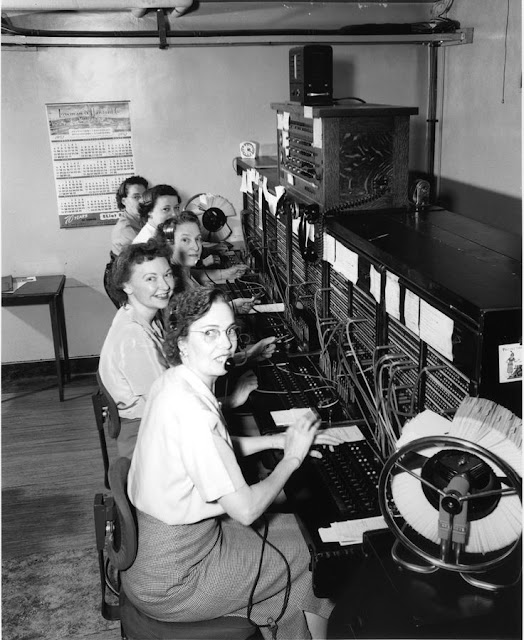Unemployment was very low in the 1950s and it was a long period of prosperity. In the early part of the decade, there was still rationing. However, food rationing ended in 1954. In the 1950s living standards in Britain rose considerably. In the late 1950s, Britain became an affluent society. By 1959 about two-thirds of British homes had a vacuum cleaner. However, even in 1960, only 44% of homes had a washing machine.

In the early 1950s, many homes in Britain still did not have bathrooms and only had outside lavatories. But slum clearance began in the late 1950s.
Meanwhile in the 1950s large numbers of West Indians arrived in Britain. Also from the 1950s, many Asians came. In the late 20th century Britain became a multi-cultural society. Also, in the 1950s young people had significant disposable income for the first time. A distinct ‘youth culture’ emerged, with teddy boys. A revolution in music was led by Elvis Presley and Bill Haley.
The way people shopped also changed. In the early 20th century people usually went to small local shops such as a baker or butcher. The shops usually did deliveries. If you went to the butcher you paid for meat and a butcher’s boy on a bicycle delivered it. The first supermarket in Britain opened in 1948. Fish fingers went on sale in 1955.
Cars increased in number after World War II. By 1959 32% of households owned a car. The first zebra crossing was introduced in 1949. Lollipop men and women followed in 1953. The first parking meters in Britain were installed in London in 1958.
TV first became common in the 1950s. A lot of people bought a TV set to watch the coronation of Elizabeth II and a survey at the end of that year showed that about one-quarter of households had one. By 1959 about two-thirds of homes had a TV. At first, there was only one TV channel but between 1955 and 1957 the ITV companies began broadcasting.


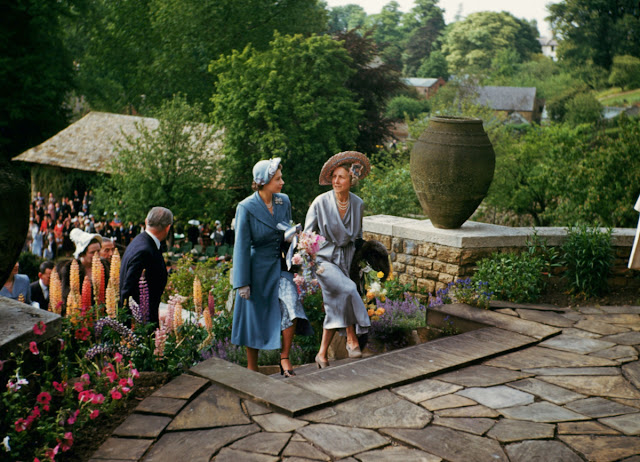


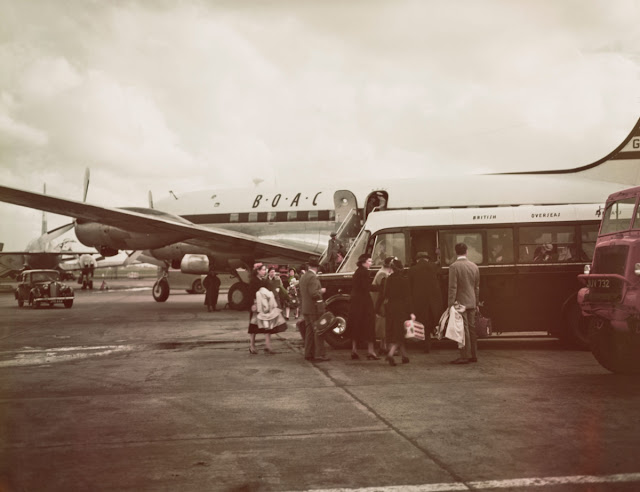



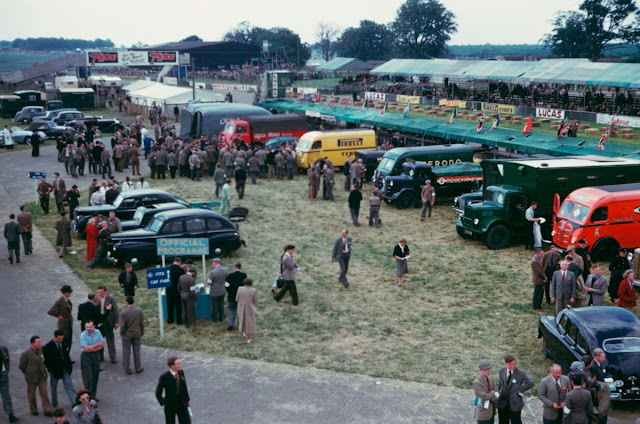

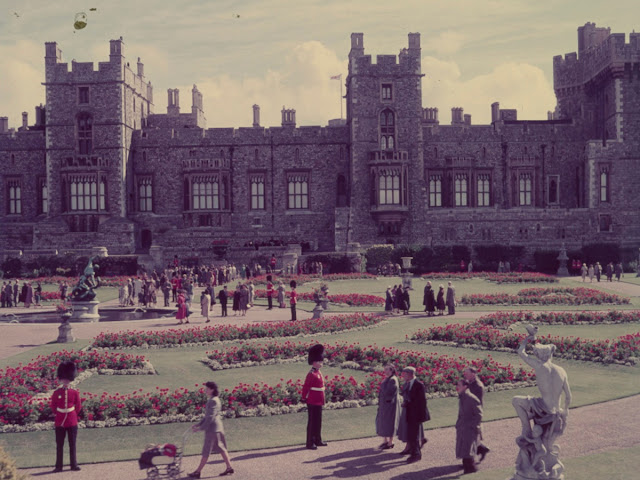
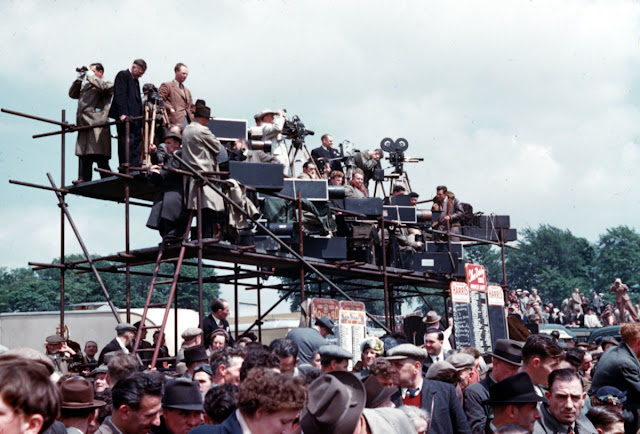
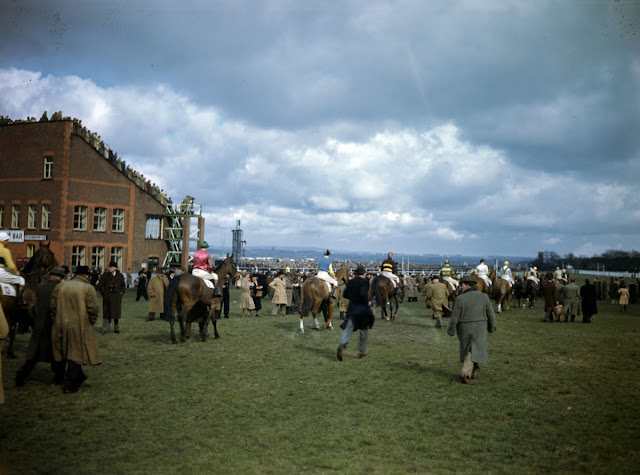
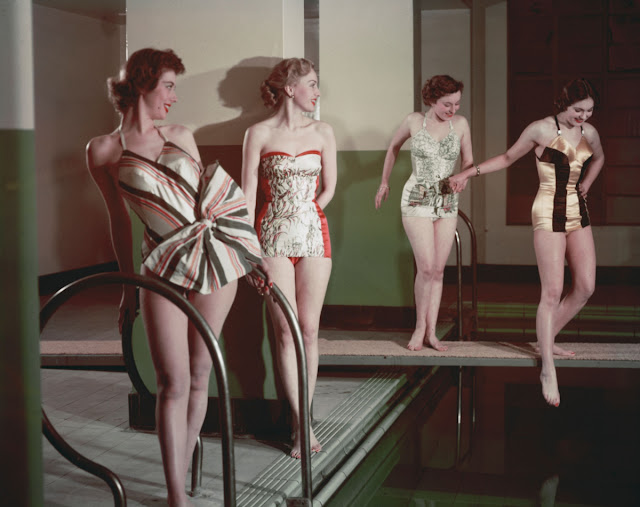










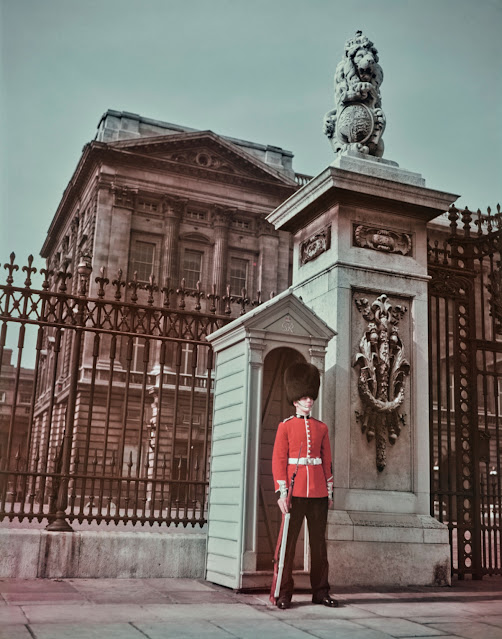

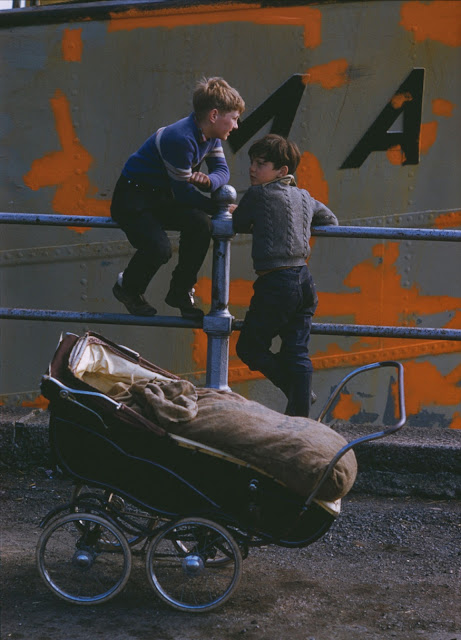
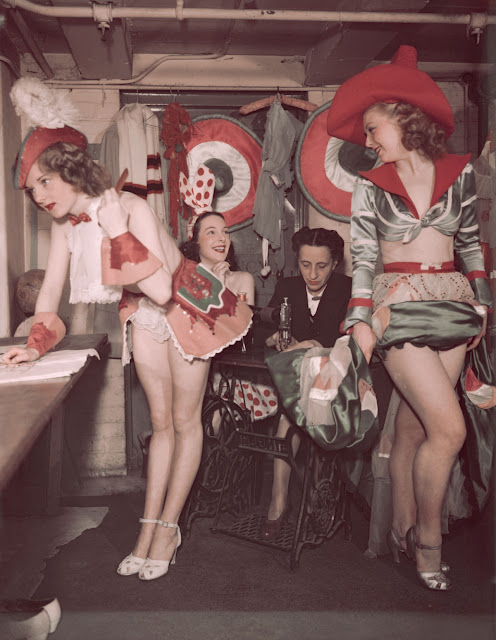


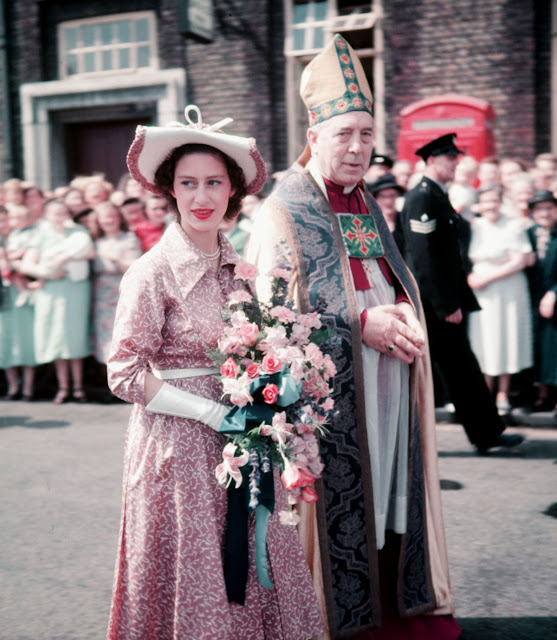

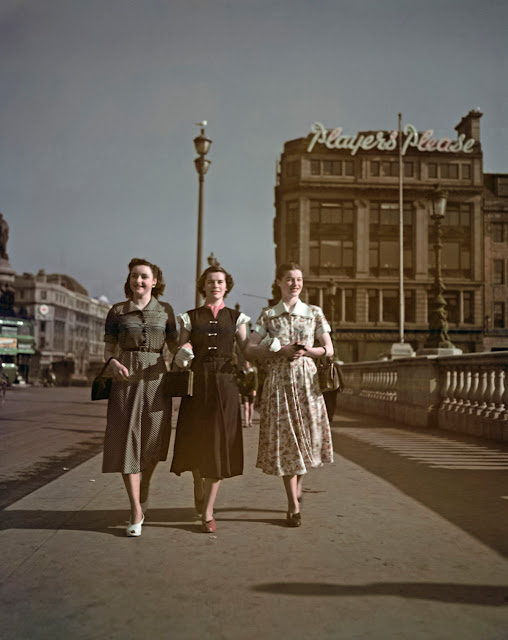
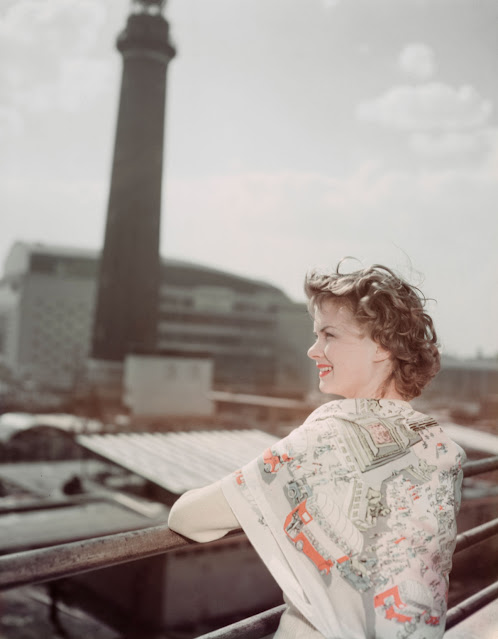





(via Local Histories)


